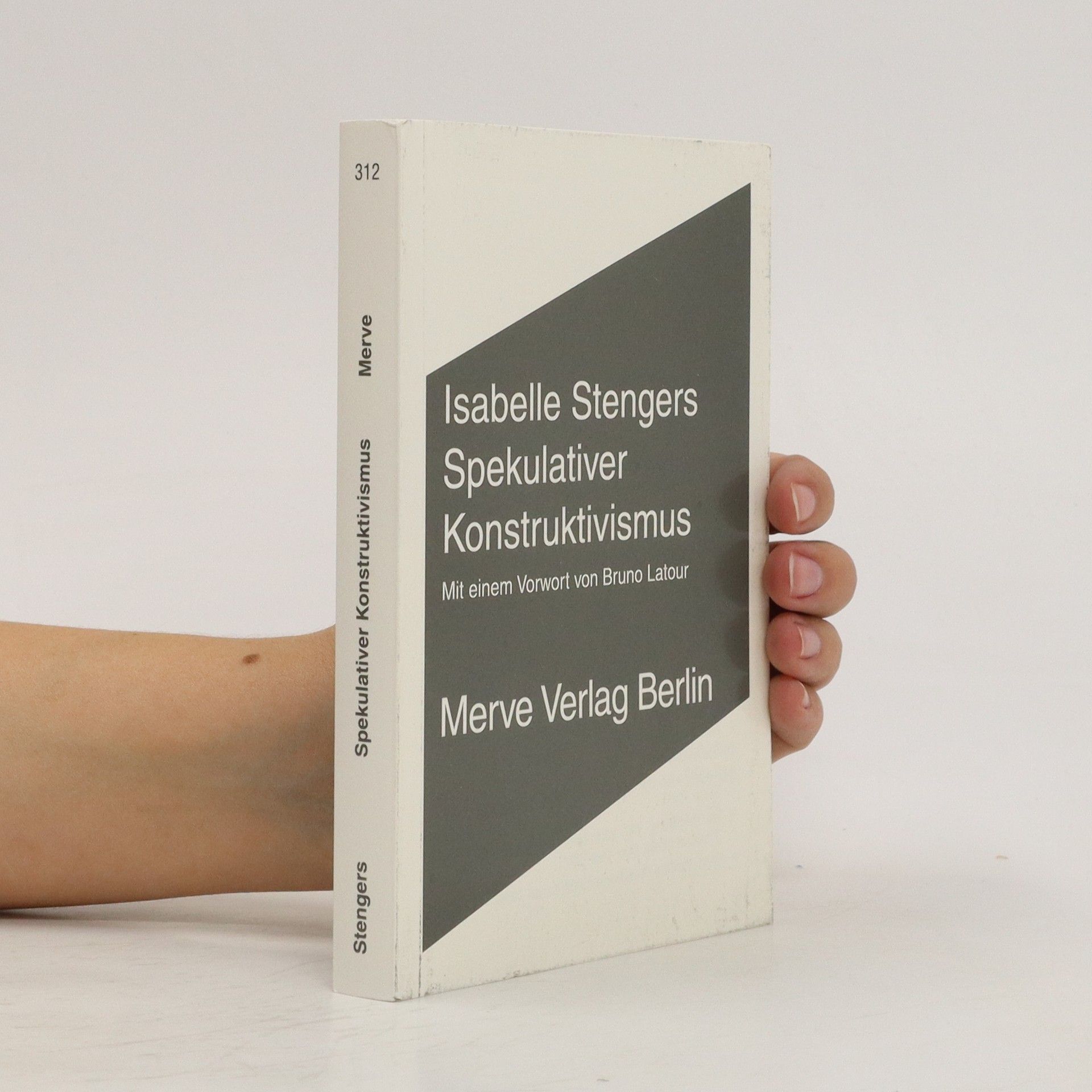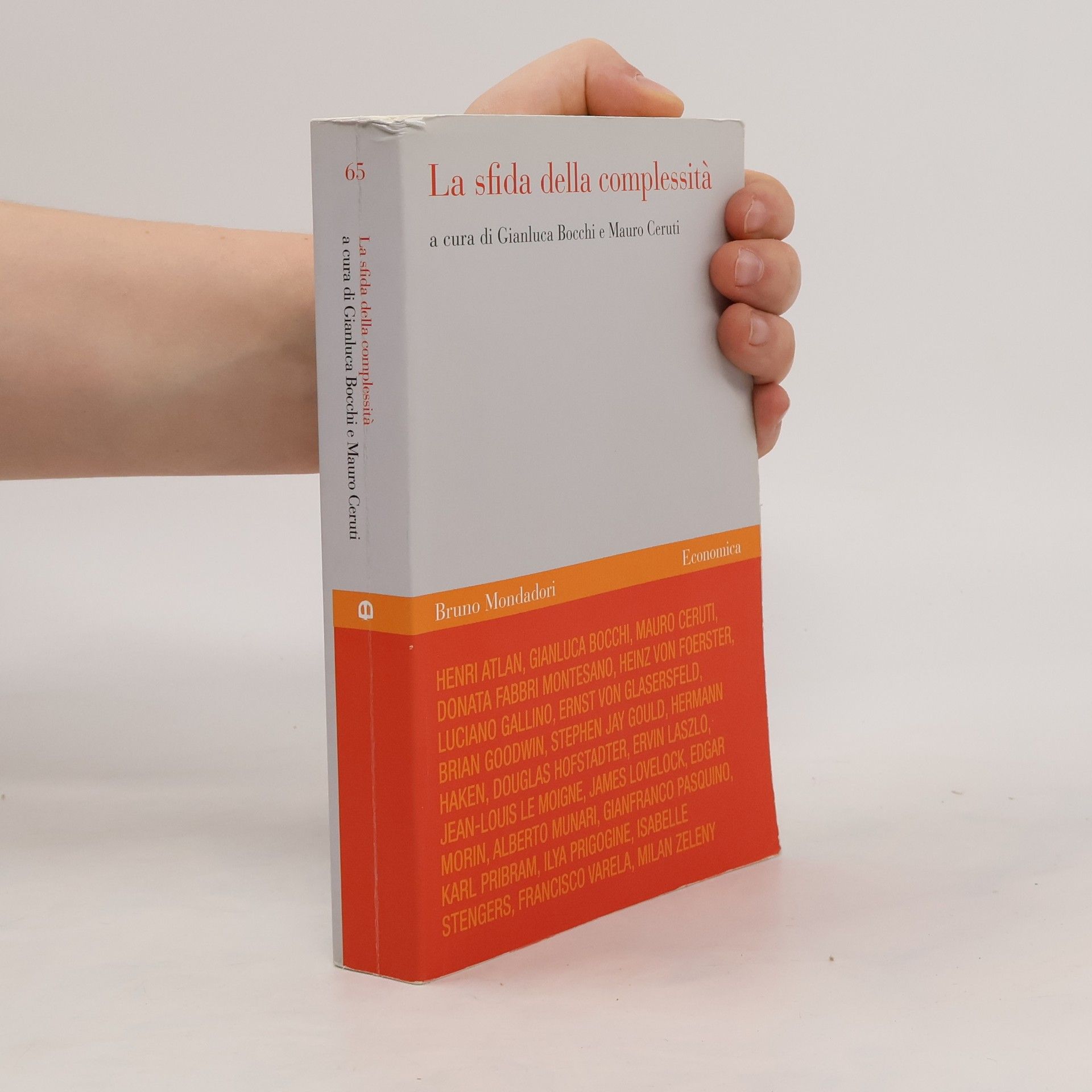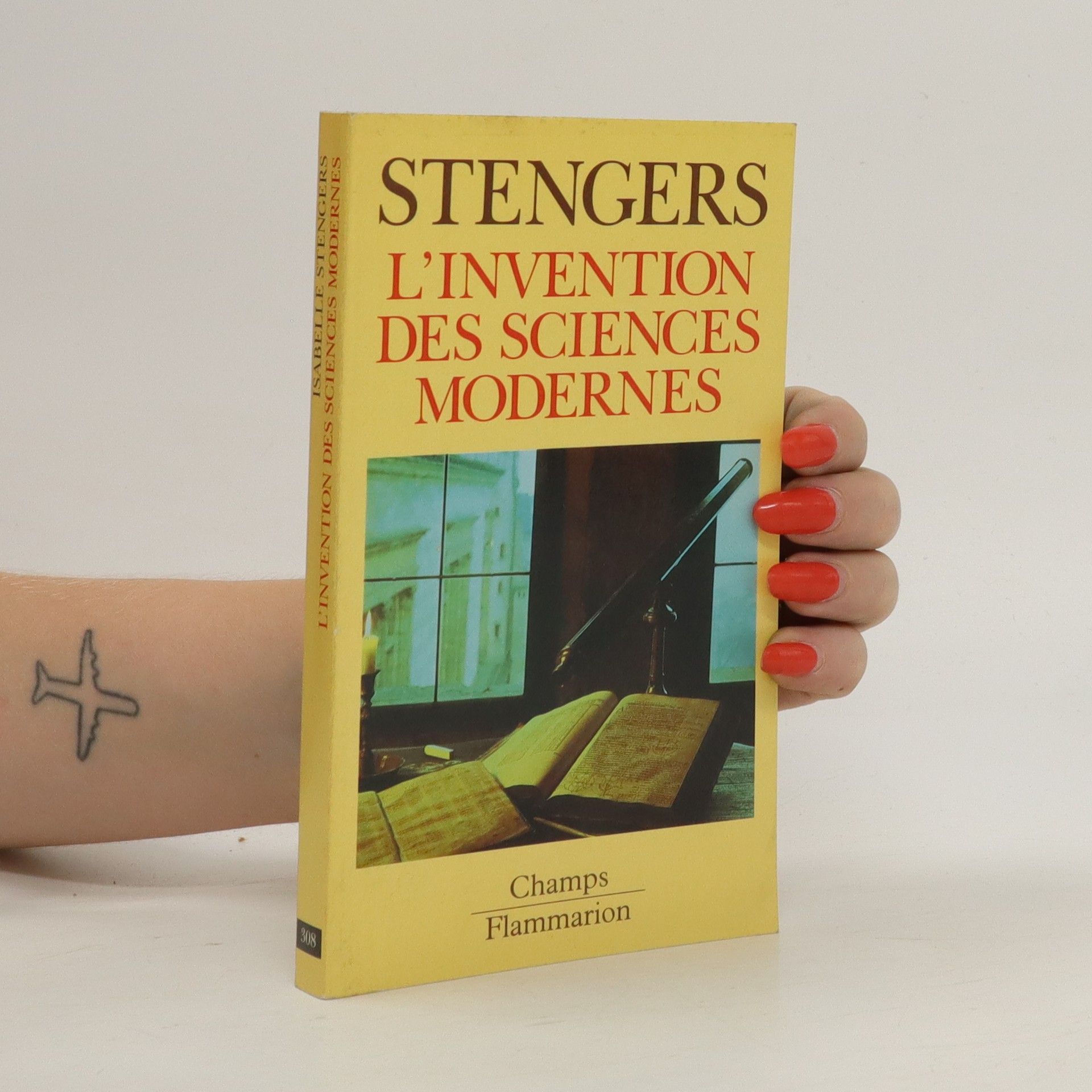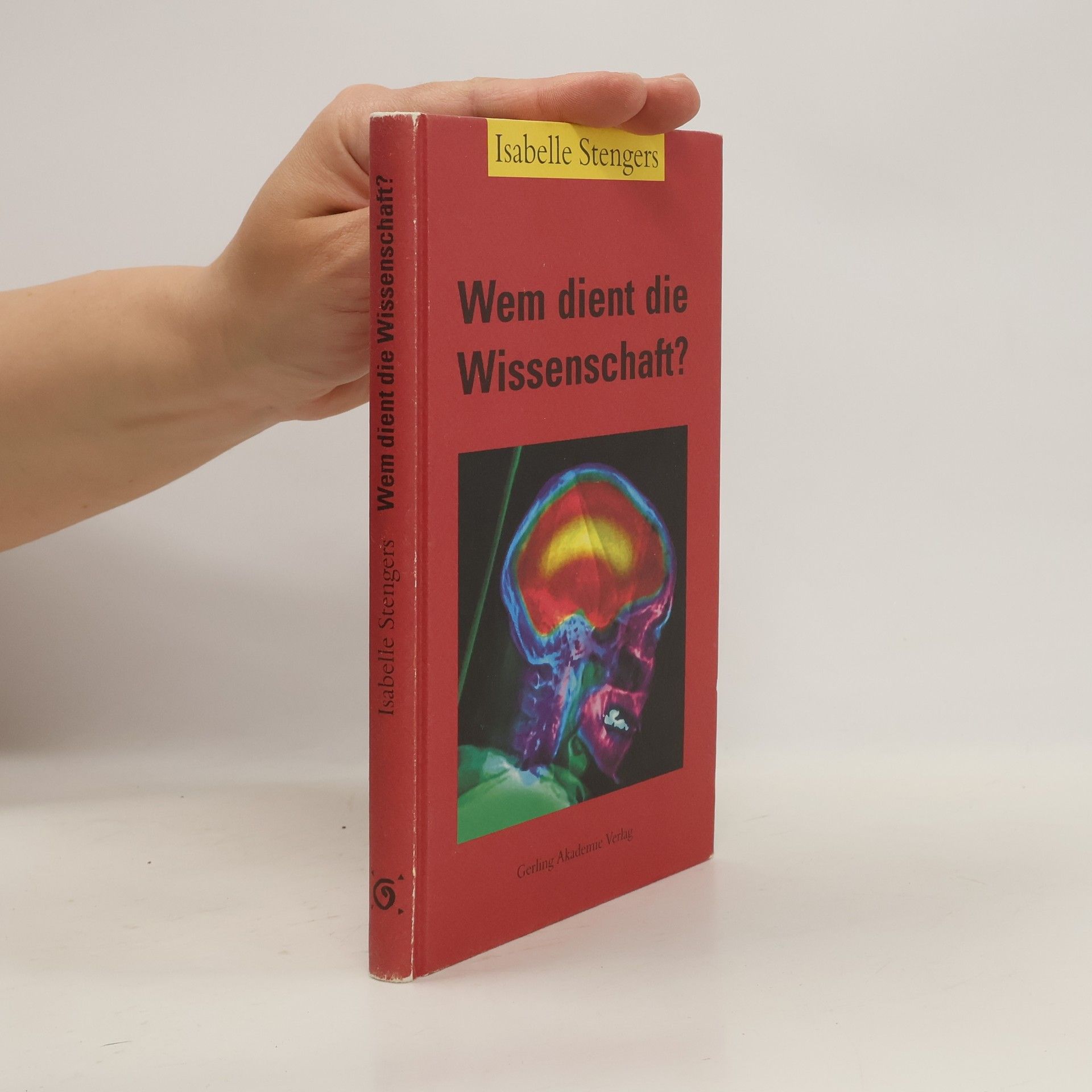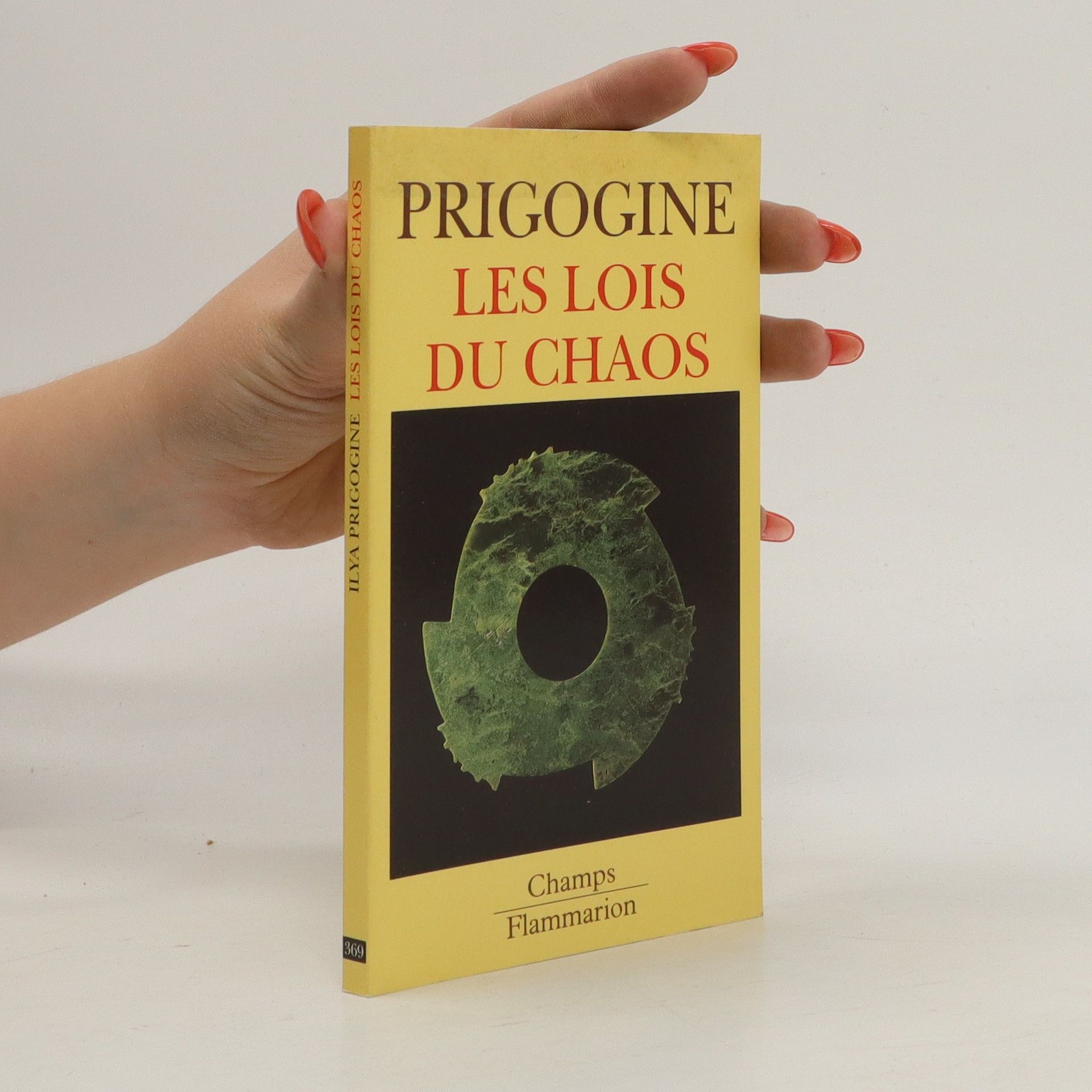Around the Day in Eighty Worlds
- 192 pages
- 7 hours of reading
In Around the Day in Eighty Worlds Martin Savransky calls for a radical politics of the pluriverse amid the ongoing devastation of the present. Responding to an epoch marked by the history of colonialism and ecological devastation, Savransky draws on the pragmatic pluralism of William James to develop what Savransky calls a “pluralistic realism”—an understanding of the world as simultaneously one and many, ongoing and unfinished, underway and yet to be made. Savransky explores the radical multifariousness of reality by weaving key aspects of James's thought together with divergent worlds and stories: of Magellan's circumnavigation, sorcery in Mozambique, God's felt presence among a group of evangelicals in California, visible spirits in Zambia, and ghosts in the wake of the 2011 tsunami in Japan. Throughout, he experiments with these storied worlds to dramatize new ways of approaching the politics of radical difference and the possibility of transforming reality. By exploring and constructing relations between James's pluralism and the ontological turn in anthropology, Savransky offers a new conceptualization of the pluriverse that fosters modes of thinking and living otherwise.

